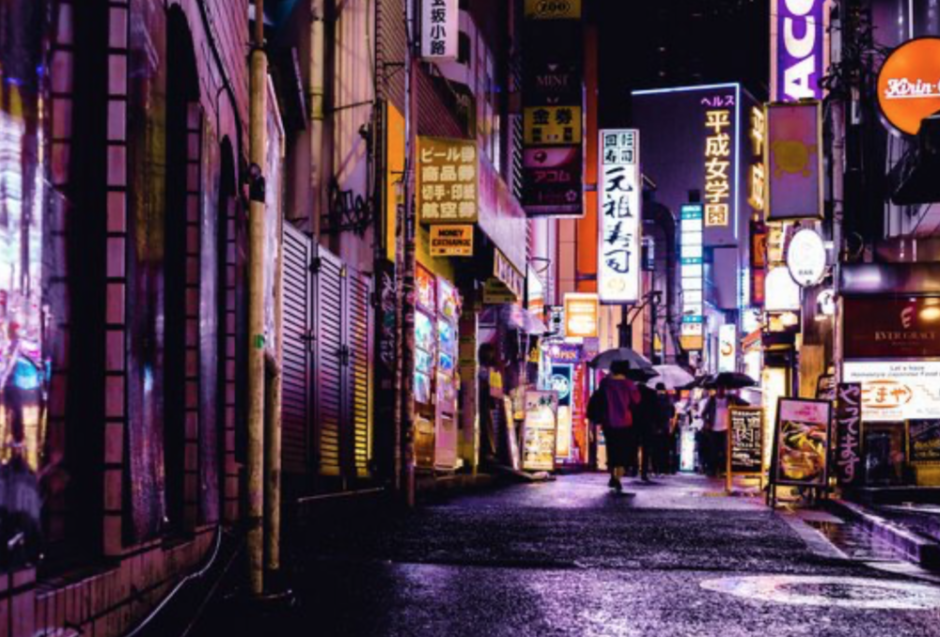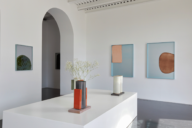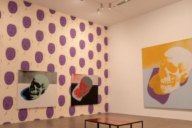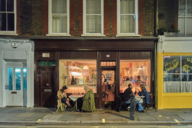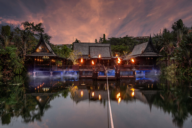A DRUNKS COURAGE: SHINJUKU, JAPAN
Smoke fills the room. It coats my lungs with every breath I draw. The ghostly vapour from a roll-up cigarette billows out of the bartender’s mouth like the smokestack of an industrial factory. Her voice is raspy and breaks halfway through sentences. She moves on instinct at the sound of ice rattling at the bottom of an empty glass.
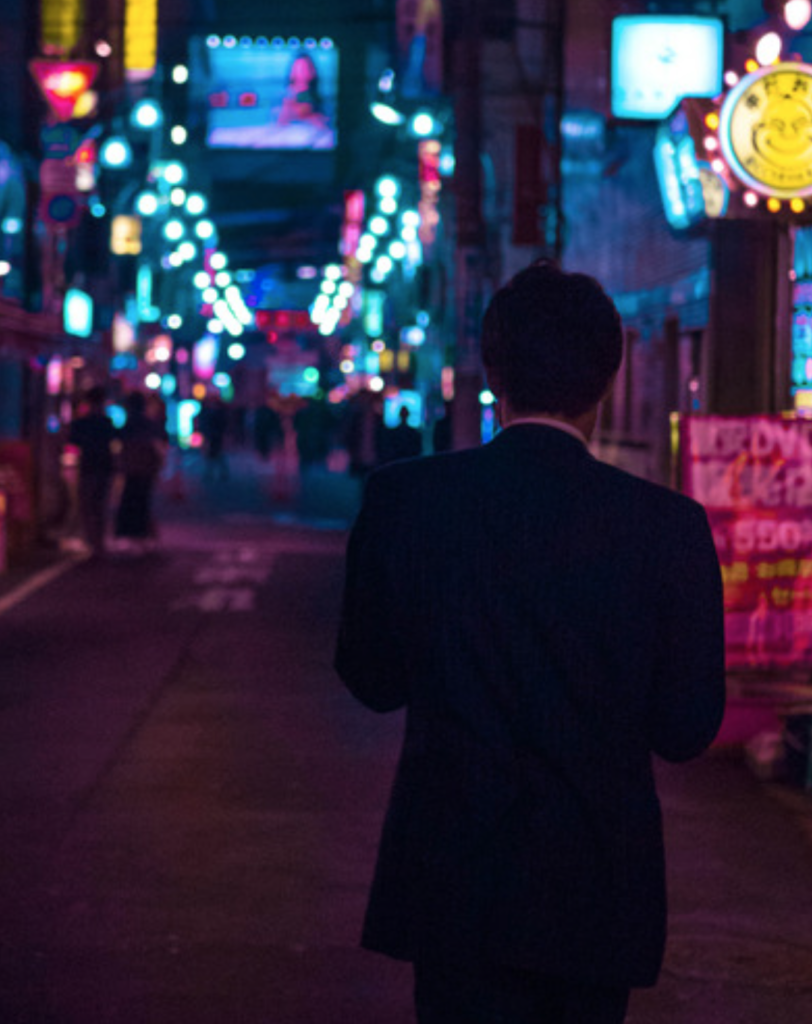
Elbow real estate on top of the bar is at a premium. Rows of sake, international whiskies, local Japanese beers and takeaway tempura take up most of the surface area.
A bottle of local apricot liquor is pushed under my nose. I take a mouthful. And then another. The chain-smoking bartender’s thin layer of make-up does little to conceal the fact she was serving until 6am this morning. Dark circles trace the outline of the Chain Smoker’s tired eyes.
The bar is full. It is impossible to walk to the small bathroom without getting physically intimate with the other patrons. Conversations are shared between strangers and swigs of hard liquor. Before I order another drink, the bartender closes the door to the outside world. There is no space for newcomers. It’s a full house. There are six people inside the bar.
Tucked away in a small area of the Shinjuku district is a collection of ramshackle buildings that house more than 200 tiny bars along six narrow alleyways. Full of local musicians, filmmakers, artists and first-class alcoholics, Golden Gai is a glimpse into Tokyo’s past. It is a celebration of a city and its people from a time before the country’s ‘economic miracle.’
Getting a drink in Golden Gai is not easy. Many of the bars do not welcome tourists and some only ever serve regular customers. Blind luck and ignorance got me in the front door of this one. I sat down before anyone could protest about my presence and by then everyone was too polite to ask me to leave.
I share bar space with a local architect. Every ten minutes, the Chain Smoker taps a sculptured fingernail on the side of The Architect’s glass. The thin plastic echo reminds The Architect that his drink is getting warm, and the Chain Smoker’s wallet is not getting any fatter.
The Architect has a soft American accent from his years studying in California. ‘Do you know why Golden Gai is so special?’ he asks. ‘Tokyo has been reborn many times over the last century. From an earthquake in 1920s, to bombing raids of World War II. Our city’s architectural heritage has been ruined. But Golden Gai is different. Somehow it survived…’
‘New Tokyo was built by the colourblind; soulless grey concrete towers dominating the city’s skyline. Along with losing our architectural memory, something of Tokyo also got lost along the way,’ he laments. ‘People are afraid to be themselves. They create fantasy lives and dress like ridiculous cartoon characters in order to fill something that is missing. Something that is real.’
I ask the Architect what is real.
He rolls a cigarette and replies, ‘This. This conversation. This place. This is real.’
The Architect tells me, ’Today Japan is so scared of itself that people live their lives online. We have restrictive security measures that limit daily life. I mean, shit – there aren’t even rubbish bins on the streets because people are worried that they could be terrorism targets for home-grown religious cults.’
The Chain Smoker moves The Architect’s drink away from him when he isn’t looking.
‘Have you heard how Golden Gai nearly ended? Burned down?’ she asks slowly, searching for every word.
The Chain Smoker cleans a whisky glass. During Japan’s construction boom of the 1980s, it was common for the Japanese mafia, or Yakuza, to set fire to properties. They would burn down whole city blocks so they could sell the wasted land to scheming property developers. The Golden Gai and the land it sat on was a prime target.
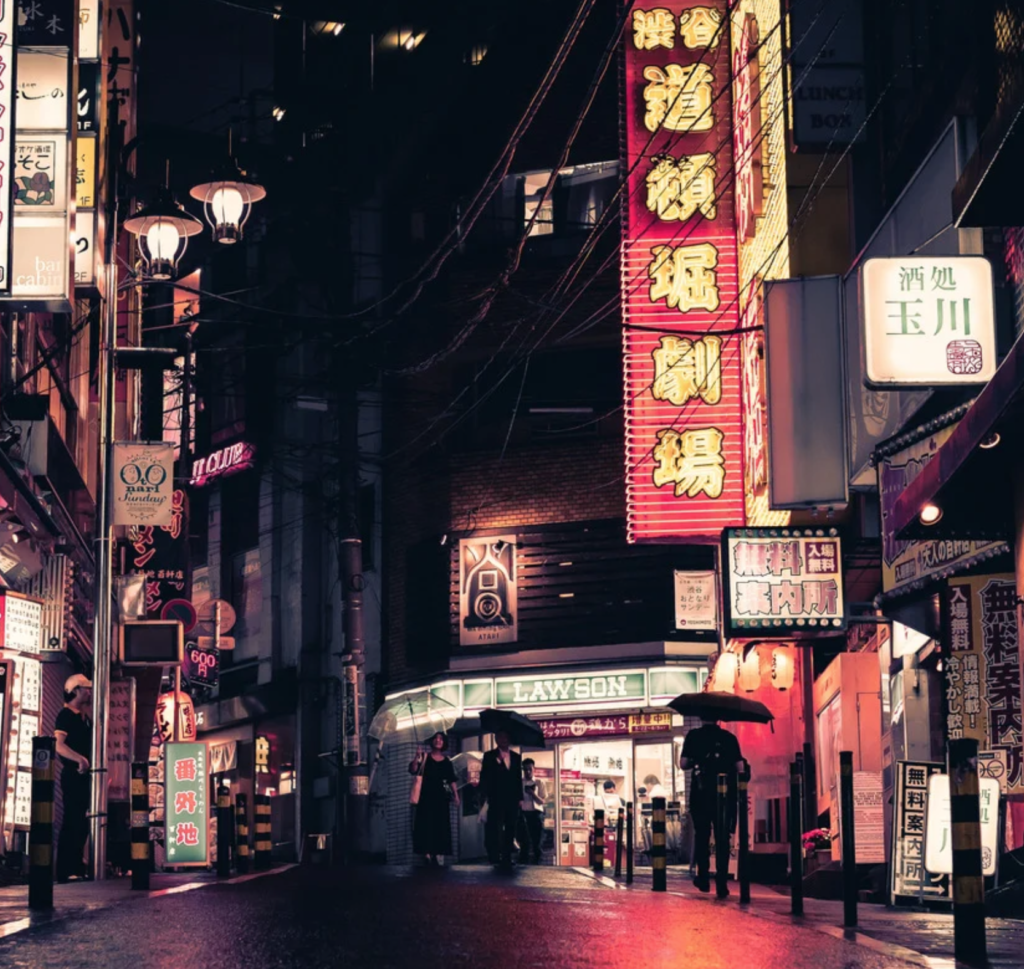
‘The Yakuza in Japan are powerful,’ the Chain Smoker whispers. ‘They are everywhere. Involved in everything.’
The Architect chimes in, ‘Don’t underestimate a drunk’s courage. They were the ones who stood up to the Yakuza when it looked like everything might be burned to the ground. The bar owners and regular drinkers guarded the area. With a metal pole in one hand and a half-full bottle of sake in the other, they overcame the mob.’
A European university-aged girl, with a fringe so long she has to angle her face upwards just to look people in the eye, asks if I have plans for dinner.
The Fringe says, ‘I know a great place that makes soba noodles by hand.’
Moving her delicate wrists unconsciously in a folding pattern, The Fringe has a dreamy, faraway look in her eyes as though she is remembering something pleasant.
The Chain Smoker gives The Architect back his drink. It is impossible to leave this place in any hurry. Golden Gai feels like a time capsule, somewhere to spend an evening without fuss and where people and conversation mattered.
The Chain Smoker changes the record and Nina Simone starts to splutter from a speaker. I sip at a brown liquid that could remove bloodstains from a serial killer’s car boot.
The Chain Smoker asks in Japanese, ‘Anyone hungry if I order some food?’
Needy, hungry hands rise without hesitation. My own wrist raises involuntarily in unison with the crowd, not knowing what I am consenting too.
Food arrives within fifteen minutes. Conversation fades, the music stops and the noise of chopsticks doing battle over communal sashimi becomes the soundtrack to our meal.
With our stomachs a mess of raw fish and alcohol, The Architect and I pay our bills and part ways.
Walking down a narrow alley out of Golden Gai, I see a group of men in spoiled suits fall out of a bar. They resemble the finishing line of a marathon: bleary-eyed, with colourless faces, stumbling and shifting on unsteady feet.
Judged against the hushed, nicotine-stained conversations of Golden Gai, the harried streets of central Tokyo are madness. Colossal towers of glass and concrete surround me. The harsh neon lights burn holes into my brain. There are people everywhere. The air is polluted with the noise of bad karaoke and a hundred computer games being played simultaneously.
I approach a group of women to ask if they know where my hotel is. Their English is broken, and my Japanese is terrible.
One of the women, dressed as a fairy princess, adjusts her wings and makes a series of hand gestures pointing the way. I thank them and ask if they know where I can throw away my empty water bottle.
Fairy Princess says, ‘Take it with you. There are no bins on the street.’
People are afraid of exploding rubbish bins in the New Tokyo.
A DRUNKS COURAGE: SHINJUKU, JAPAN
Written by Paul Manser
Paul Manser is a Melbourne-based travel writer who has been published in newspapers including The Australian, The Courier Mail, MX and The Sunday Telegraph, as well as by international media titles and travel brands such as MTV, Hearth, International Traveller, and G Adventures.
Today, you can often find Paul with bags under his eyes, scrolling through his phone looking for international flight sales as his young children test the boundaries of physical and personal safety on playground equipment in Melbourne’s inner-west.
Paul Manser’s debut book Life Plans on Dive Bar Napkins details his wildest, wackiest, and most dangerous adventures over the years. It’s a sexy, ridiculous, and eccentric page turner that you’ll struggle to put down.

